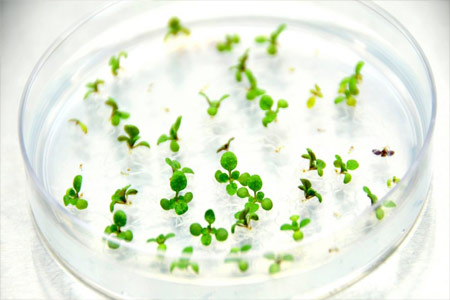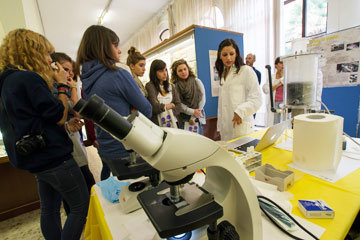R21AA016681-01
A recent multi-center folate trial indicates that folate supplementation to prevent recurrence of adenomas in the colon is not effective and could be even harmful. Two large B-vitamins trials for the prevention of cardiovascular diseases in the elderly also incidentally found that folate supplementation is not effective for the prevention of cancer development and might accelerate the carcinogenesis. These observations are quite consistent with previous observations that folate supplementation in the late phase of carcinogenesis rather increases tumor development in rodent models. It is well known that epigenetic silencing of tumor suppressor genes initiates carcinogenesis. We, therefore, propose to investigate histone methylation and Polycomb repress complex as a novel epigenetic mechanism by which folate supplementation alters carcinogenesis. Aberrant methyl transfer is crucial for alcohol-mediated carcinogenesis, with the most compelling evidence for liver and colorectal carcinogenesis as we also demonstrated.Because SAdoMet is predominantly generated in the liver, of particular importance is then the alcohol-mediated inhibition of SAdoMet synthesis, as shown by experimental data on Mat1 knockout mice which developed severe SAdoMet deficiency and eventually cancer of the colon-rectum. Acetaldehyde, an ethanol-derived product, inhibits DNA methyltransferase activity in a rodent model. Moreover, chronically fed alcohol rats had global hepatic DNA hypomethylation. A large body of literature convincingly shows, in chronic alcohol consumption, malnutrition associated with depletion of micronutrients such choline, betaine and methionine, as well as folate, vitamin B6 and vitamin B12 which are all essential for adequate methyl groups supply. The consequent less availability of methyl donor compounds may lead to impaired methylation capacity. Individuals consuming more than 20 g ethanol/day with insufficient micronutrients intake show a higher cancer rate compared to occasional drinkers.We therefore aimed at investingating the role of alcohol in carcinogenesi through a modulation of epigenetic mechanisms, namely DNA methylation at specific locui and histone modifications.
The MTHFR677C>T variant, moreover, is associated with an increased risk for colorectal cancer in alcohol drinkers (41). Considering the high frequencies of both colorectal and primary liver cancer and the persistently high alcohol use in the general population, the link between alcohol and cancer has important consequences for preventive strategies. So far, very little is known about safe margins of alcohol consumption, and even less about the individual risk of developing alcohol-related malignancies. A deeper understanding even from the nutritional-epigenomics point of view is therefore mandatory in this high impact-field for public health, to design more accurate approaches for individual-nutritional preventive and early detection strategies, especially considering the potential reversibility of epigenetic mechanisms.







